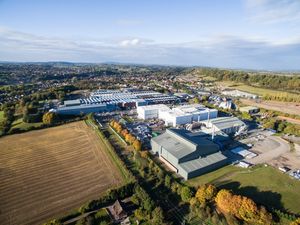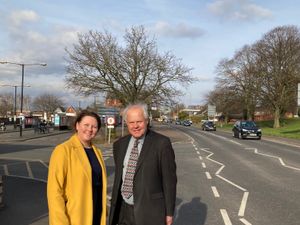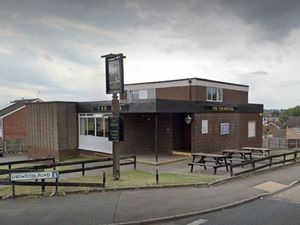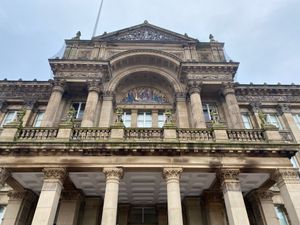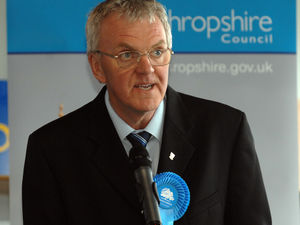Prime Minister Keir Starmer delivers pre-Budget 2024 speech in the West Midlands - six key announcements
Sir Keir Starmer, the Prime Minister, has delivered his pre-Budget 2024 speech in the West Midlands today (Monday, October 28).
Watch more of our videos on ShotsTV.com
and on Freeview 262 or Freely 565
The Prime Minister delivered Labour’s first pre-Budget speech in almost 15 years in Birmingham.
Sir Keir Starmer is due to explain how his Government’s Budget will embrace the “harsh light of fiscal reality” while reassuring people that “better days are ahead”.
The prime minister was expected to warn of "unprecedented" economic challenges but say the government will "run towards them".
Sir Keir was also due to argue that the country faces an "unprecedented" challenge of weak public finances alongside "crumbling public services", according to the BBC.
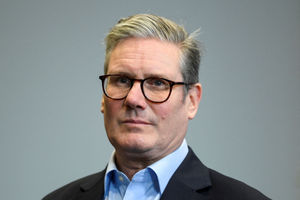
He will promise to face what he calls "the tough decisions".
Speculation has been growing about the tax rises the chancellor will announce on Wednesday, with Rachel Reeves claiming there is a £22bn "hole" in the public finances left by the previous government.
Other than National Insurance for employers, the freezing of income tax thresholds could be extended.
This means more people are "dragged" into paying tax or paying a higher rate and wages rise and cross the thresholds.
It has also been reported that the government is also looking at increasing tax on asset sales, such as shares and property, as well as changing its own self-imposed rules on how its debts are measured in order to free up money for spending on infrastructure projects.
Six key announcements in Prime Minister Sir Keir Starmer's pre-Budget 2024 speech
In a speech in Birmingham ahead of Rachel Reeves’ budget on Wednesday, the first from the new administration, Starmer made six key announcements:
1) He announced that the bus fares cap in England would be extended for a year, but at a higher rate of £3
2) He said the Chancellor will announce £240m in funding for services to get people back into work
3) He said the country needed to face up to the “fiction” that you can lower taxes and increase public spending at the same time
4) He said he could not give a “cast iron guarantee that never again in any budget will there be any adjustment to tax” because “we just don’t know what’s around the corner”
5) He said his concern was making sure “there is no more tax in their payslip” for working people
6) He sidestepped a question about whether a fuel duty rise would count as a tax on working people who use their cars to get to and from work
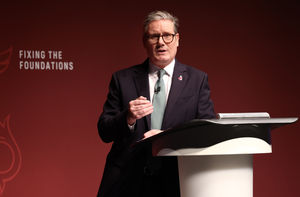
Bus fares cap to be increased to £3
Sir Keir told the audience: “On the £2 bus fare, first thing to say is the Tories only funded that until the end of 2024 and therefore that is the end of the funding in relation to a £2 capped fare.
“I do know how much this matters, particularly in rural communities where there’s heavy reliance on buses.
“And that’s why I’m able to say to you this morning that in the Budget we will announce there will be a £3 cap on bus fares to the end of 2025 because I know how important it is.”
Single bus fares in England have been capped at £2 outside London, where they are £1.75 per journey, for most routes, since January 2023
When it introduced the policy, the Conservative government said routes with some of the biggest per-journey savings were between Leeds and Scarborough (£13), Lancaster and Kendall (£12.50), and Plymouth and Exeter (£9.20).
£240m for local services & tax rises
Sir Keir also said that the Chancellor will announce £240 million in funding for local services to help get people back to work, when she delivers her fiscal statement in two days’ time.
The Prime Minister also defended the tax rises expected on Wednesday.
He said “better days are ahead” and that “tax rises will prevent austerity and rebuild public services”.
He said that “the time is long overdue for politicians in this country to level with you honestly about the trade-offs this country faces, to stop insulting your intelligence with the chicanery of easy answers.
“Working people know that hard choices are necessary. They lived through the Liz Truss episode. They lived through the cost-of-living crisis.
“So they know that the things they want from us – protecting their living standards, building our nation, fixing our public services – they know that this can only be achieved alongside economic stability.
“There are no short cuts.”
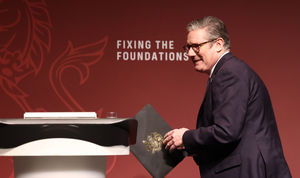
Questions about definition of "working people"
Ministers have been facing repeated questions about the Government’s definition of “working people”, after Labour’s election manifesto pledged not to increase taxes on working people – explicitly ruling out a rise in VAT, national insurance and income tax.
They have come under pressure to spell out precisely who would and would not fall under this definition, given the tax rises expected to be announced this week.
Earlier on Monday, Cabinet minister Pat McFadden had suggested that “income levels and job descriptions is not the right way to look at” whether or not somebody is classed as a working person.
Asked on the BBC’s Today programme what people who are not working people are called, he said: “When we talked about working people we referred to the promises that we made in the manifesto around the taxes on wages that people pay – they won’t go up when the Chancellor gets to her feet on Wednesday.”
Asked whether people such as landlords are classed as working people, Mr McFadden said: “I honestly think this thing about income levels and job descriptions is not the right way to look at this.
“The right way to look at this is: will we stick to the manifesto promises that we made on tax? And we will, and you’ll see that when the Chancellor gets to her feet.”
The Prime Minister also referred to the phrase in his Birmingham speech, saying his plan to “return Britain to the service of working people can only be earned through actions, not words”.
“Change must be felt,” he added.
“But every decision that we have made, every decision that we will make in the future, will be made with working people in our mind’s eye, people who have been working harder and harder for years just to stand still.
“People doing the right thing, maybe still finding a little bit of money to put away, paying their way, even in the cost-of-living crisis, but who feel that this country no longer gives them or all their children, a fair chance.”

